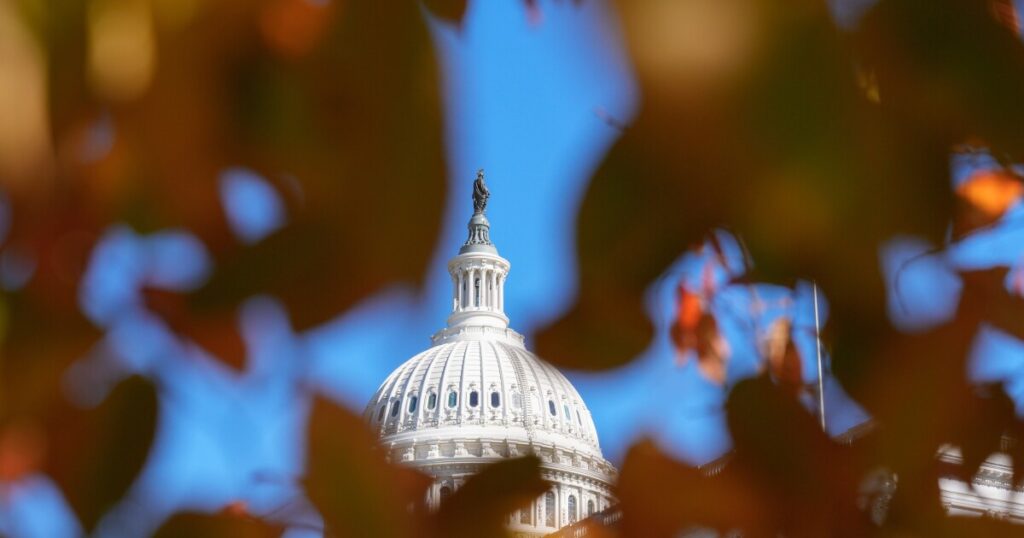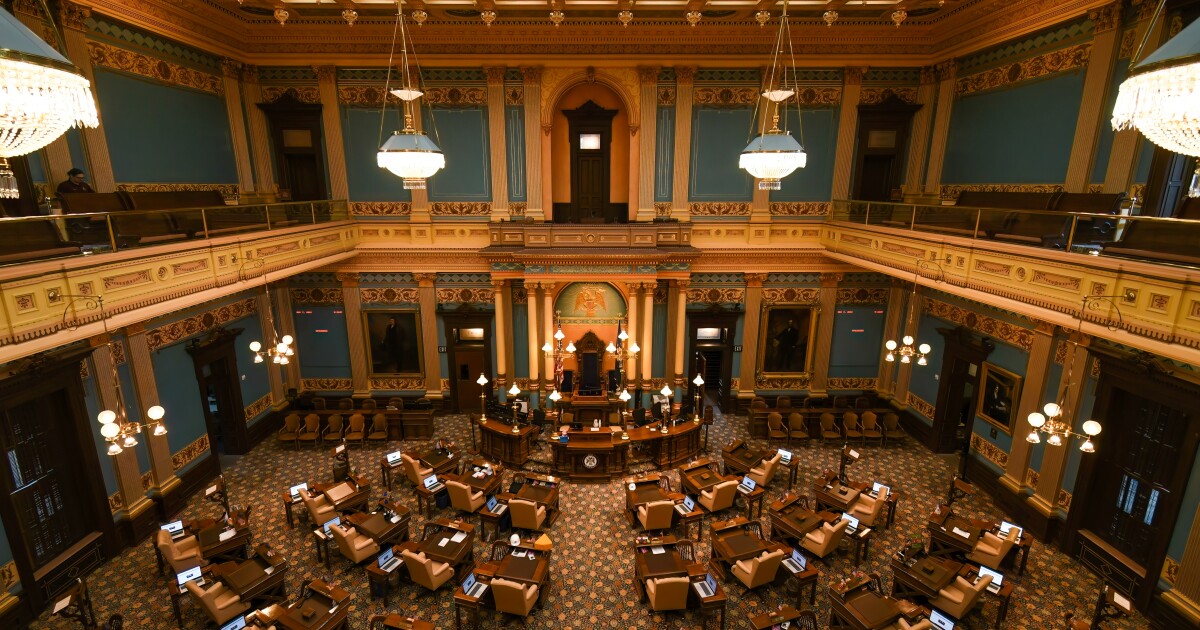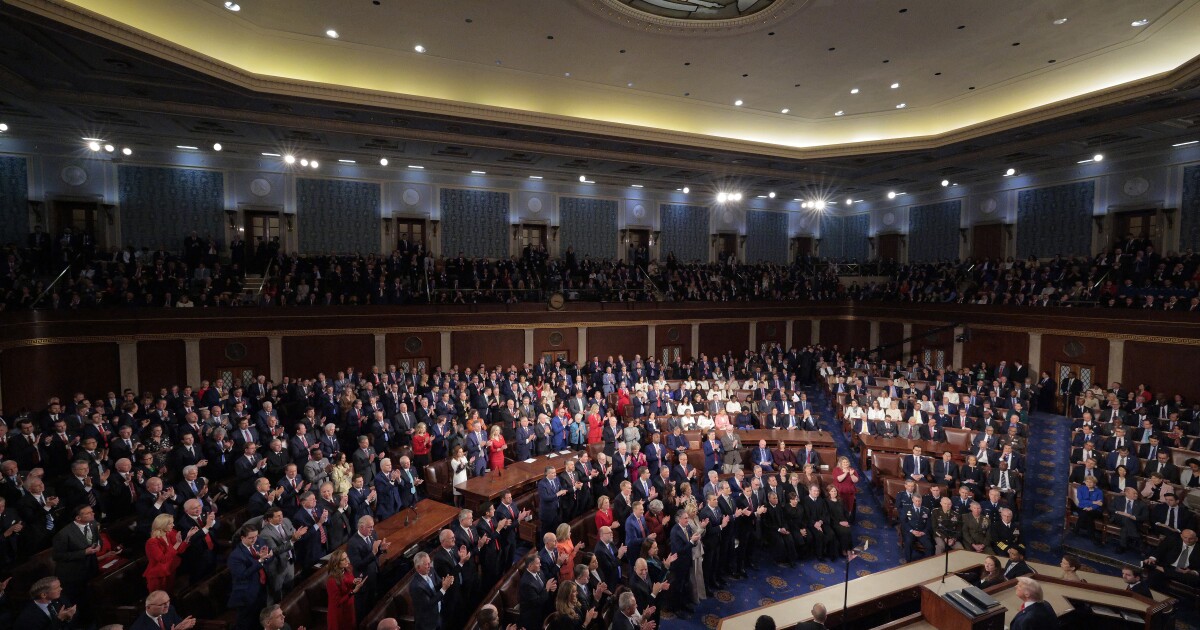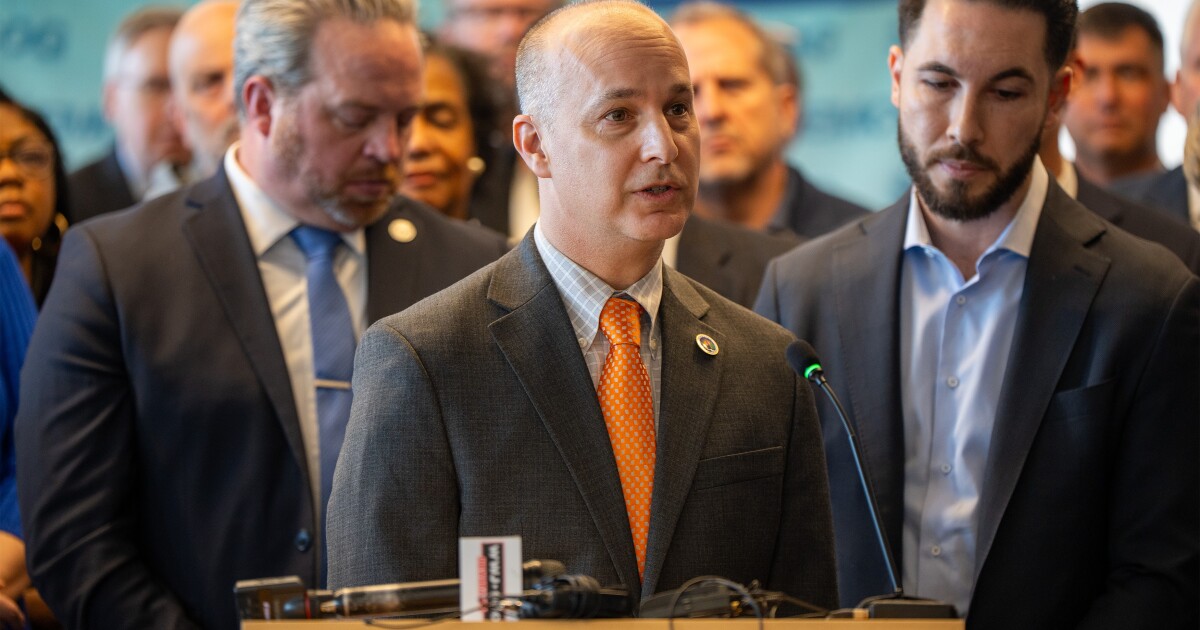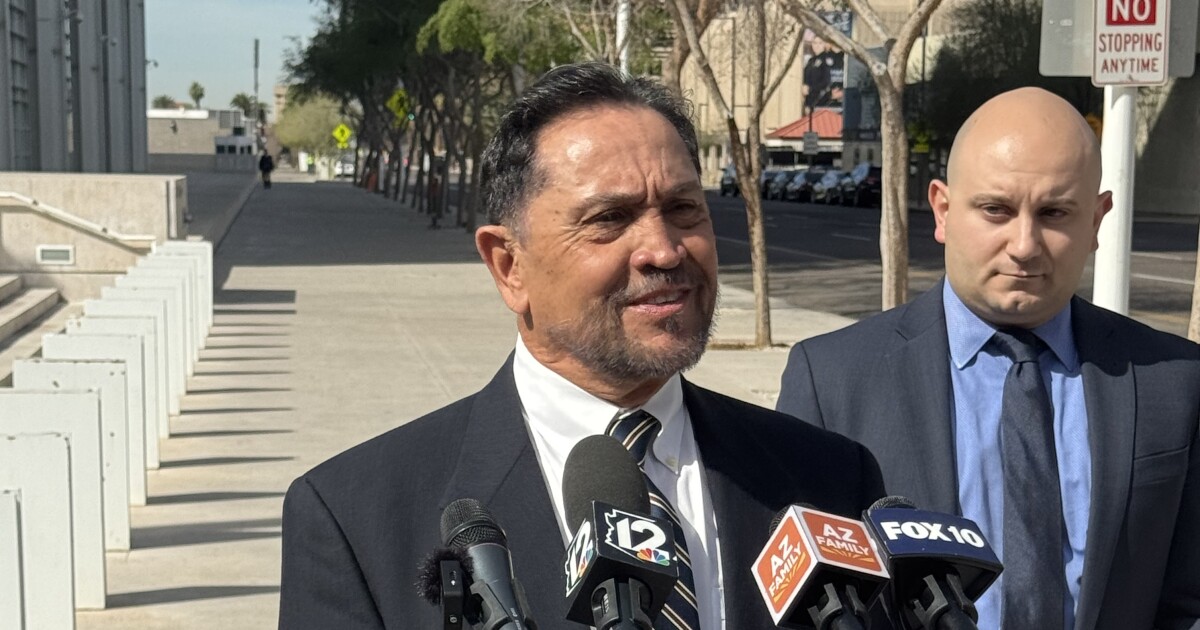U.S. Government Faces Record-Breaking Shutdown, Impacting Millions
The United States is grappling with an unprecedented government shutdown, now stretching into its 36th day, marking the longest in the nation’s history. This surpasses the 2018-2019 shutdown during President Trump’s first term, which was resolved after 35 days.
Initially triggered by a conflict over funding for President Trump’s proposed southern border wall, the previous shutdown ended following significant disruptions, notably in air travel, which pressured lawmakers into reaching a deal. The current deadlock began on October 1 after Congress failed to resolve budget disagreements, and a resolution still seems distant.
Historically, there have been 20 occurrences of “funding gaps” since 1976, as noted by the Committee for a Responsible Federal Budget. However, only a few have led to extended shutdowns, with over two-week durations occurring just three times in the past 30 years. A 1978 shutdown also happened but did not halt operations as modern gaps do.
Despite holding the majority in both chambers, Republicans need 60 Senate votes to pass a spending bill. Democrats are leveraging this requirement to advocate for the continuation of Affordable Care Act subsidies expiring soon, which could leave many without health insurance. Although Republicans have expressed willingness to discuss the subsidies, they insist on reopening the government first.
Both parties continue to blame each other for the impasse, with little public progress toward a resolution. The Senate has unsuccessfully attempted 14 times to pass a House-approved stopgap funding bill, while the House has remained out of session since the shutdown commenced.
The shutdown’s effects are being felt profoundly across the nation. Over a million federal employees are working without pay, and around 600,000 are furloughed. Although a 2019 law ensures backpay post-shutdown, recent remarks by President Trump have caused concern over its certainty.
Air travel disruptions are increasing due to air traffic control shortages, while airport delays continue to mount. National parks and Smithsonian museums have reduced their operations. The IRS furlough of nearly half its workforce is causing taxpayer service delays, and many children from low-income families risk losing Head Start program access.
Additionally, critical food and nutrition aid, including SNAP benefits, have been halted. Although the Trump administration plans to resume these payments, they will be delayed and might be significantly reduced.
In a recent interview with CBS News, President Trump reiterated his stance, accusing Democrats of obstruction and urging Senate Republicans to abolish the filibuster to circumvent Democratic opposition, a suggestion Senate Republicans have rebuffed. He remarked on his previous role in ending the last shutdown, emphasizing his refusal to be “extorted by the Democrats who have lost their way.”
—
Read More Michigan News

